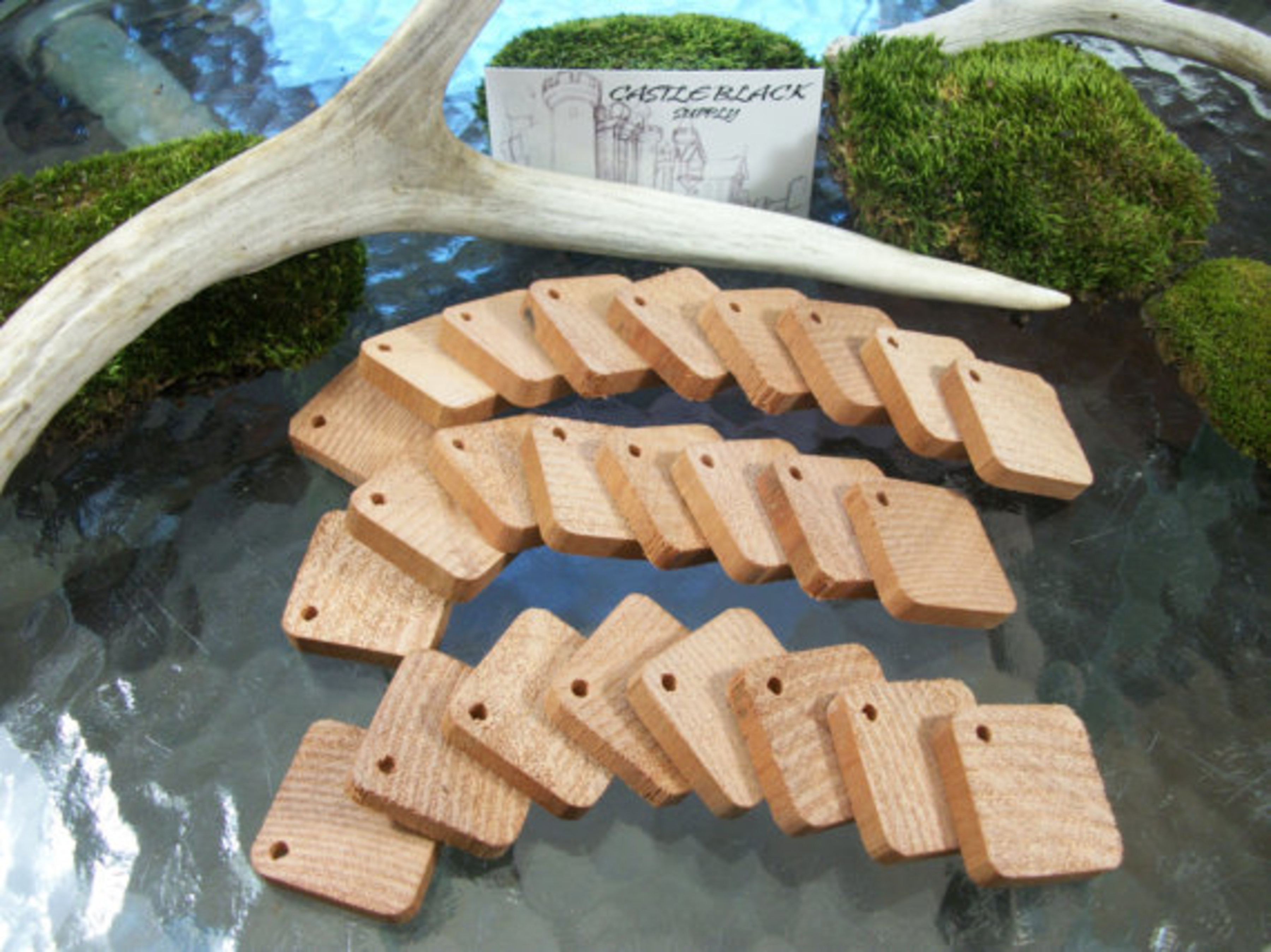Slicing ad infinitum

Suppose we have cubical box of side 1 m. We take one of its sides and fix it to be its length. We then use a ruler to graduate this side.
Now we slice the box along the length into three pieces such that the middle piece is open (open means it does not include the points and but has all points in between them) and remove the open middle piece.
Next we take the remaining two pieces, slice them into three pieces each and remove the open middle piece of each. We continue this ad infinitum. At each step the number of remaining slices after the removal of the open middle-thirds increases and the thickness of each slice decreases. If is the total volume of the remaining slices at the end of the -th iteration then find
(Notice that at each step, had the middle third pieces been closed, i.e., containing the endpoints, the remaining pieces at each step would have been open and in the limiting situation there would be no slices left at all. But in this case at each step the remaining slices are closed and so the limiting situation must have infinitely many slices left, from the nested-interval theorem. The sum total of volumes of those infinitely many slices is to be found out.)
The answer is 0.
This section requires Javascript.
You are seeing this because something didn't load right. We suggest you, (a) try
refreshing the page, (b) enabling javascript if it is disabled on your browser and,
finally, (c)
loading the
non-javascript version of this page
. We're sorry about the hassle.
After each iteration, 3 2 of the volume is left.
lim n → ∞ V n
= lim n → ∞ ( 3 2 ) n
= 0